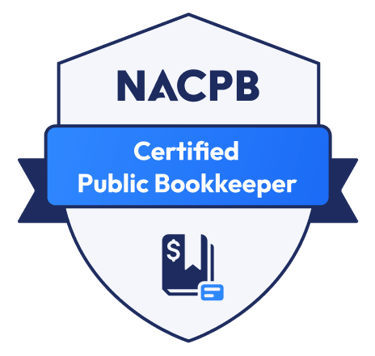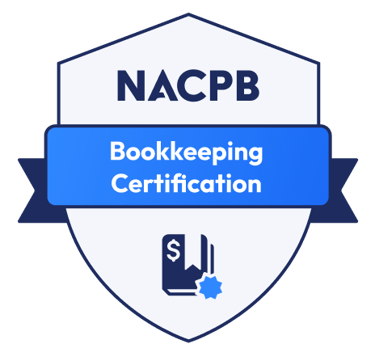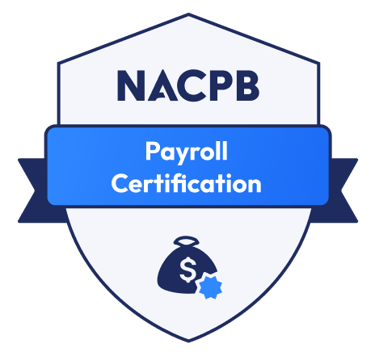10 Best Bookkeeping Tips for Small Business Contractors, Plumbers, and Electricians
Detailed and practical bookkeeping post tailored for small business contractors, plumbers, and electricians:
CONTRACTOR BOOKKEEPING
Pamela Brown
5/2/20252 min read
1. Use Cloud-Based Accounting Software
Tools like QuickBooks Online, Xero, or FreshBooks are built for small businesses and contractors. They let you track income, expenses, and invoices from your phone or computer, sync with your bank accounts, and even auto-categorize transactions.
2. Separate Business and Personal Finances
Open a dedicated business checking account and credit card. Mixing personal and business transactions is a recipes for bookkeeping confusion and IRS headaches. Keep things clean from day one.
3. Track Every Expense (Even Small Ones)
That $12 box of screws or $20 gas refill might seem minor, but it all adds up. Use a receipt scanner or accounting app to log every expense. The more you track, the more you can deduct at tax time.
4. Invoice Promptly and Follow Up
Cash flow is king. Send invoices immediately after finishing a job, and set reminders to follow up on unpaid ones. Many accounting tools allow automated follow-ups to help you stay on top of it.
5. Record Income Accurately
Don’t just rely on bank deposits. If you’re getting paid in cash, Venmo, checks, or Zelle, log every payment to ensure your income records match your actual work.
6. Set Aside Money for Taxes
A good rule of thumb is to save 25–30% of your income for taxes. Use a separate savings account to avoid accidentally spending it. That way, when tax season arrives, you’re ready, not scrambling.
7. Track Mileage and Travel Expenses
If you’re driving to job sites, those miles are deductible. Use apps like MileIQ or Everlance to automatically track your mileage and categorize trips as business-related.
8. Review Your Books Weekly
Don’t wait until the end of the month. Set aside 30 minutes every week to review income, categorize expenses, and reconcile your accounts. It makes tax time way easier and helps you catch mistakes early.
9. Hire a Bookkeeper or Accountant
As your business grows, your financials get more complex. Outsourcing to a bookkeeper gives you peace of mind, ensures accuracy, and frees up your time. Many bookkeepers offer virtual services tailored for tradespeople.
10. Stay Compliant with Local Regulations
Depending on your state or city, you may need to collect and remit sales tax, keep up with contractor licensing requirements, or track labor costs for subcontractors. Staying compliant avoids fines and supports your business’s reputation.
Final Thoughts
Good bookkeeping isn’t just about taxes—it’s about making smarter decisions for your business. Whether you’re a one-person shop or growing a team, staying on top of your finances puts you in control. Start with small habits, use the right tools, and don’t be afraid to get professional help when needed.
Need help setting up your bookkeeping system? Reach out to Profit Counts Bookkeeping today for expert support tailored to trades like yours!












